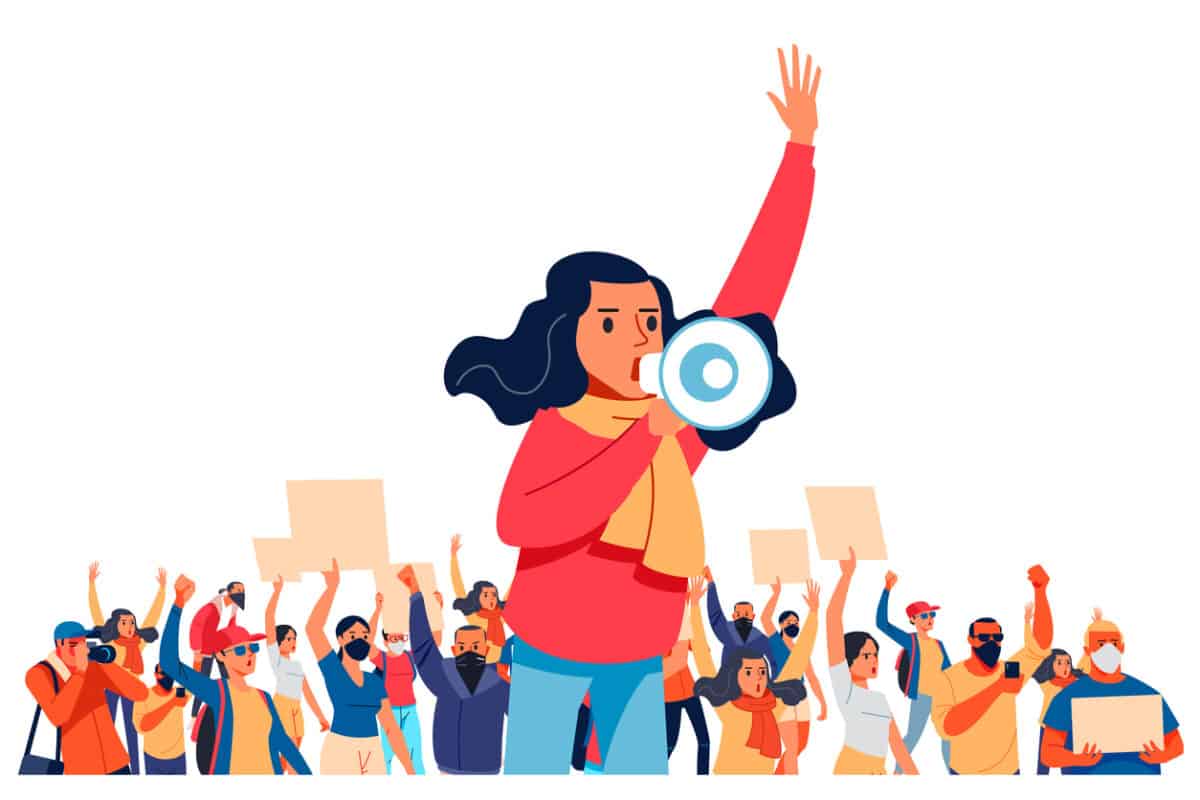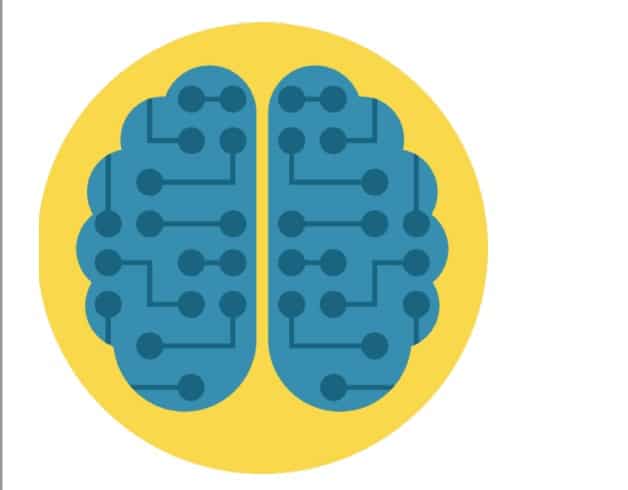In narrow terms, the occupational health and safety (OHS) profession has largely neglected the management of psychological harm in workplaces. Human Resources (HR) has been the “go-to” on this issue, but various government inquiries have identified major shortcomings in the HR approach. In a recent podcast, Tony Morris of law firm Ashurst interviewed an HR and OHS professional on sexual harassment and psychosocial risks at work.
In response to the question of whether these risks are no being accepted as work health and safety risks, Julia Sutherland responded that this reality has been accepted by OHS regulators but implies that the acceptance has not been to the same extent by employers. She reassures employers who have not been approaching these hazards through OHS laws and guidance that they should not be alarmed as the OHS context has only existed for “a couple of years”.







